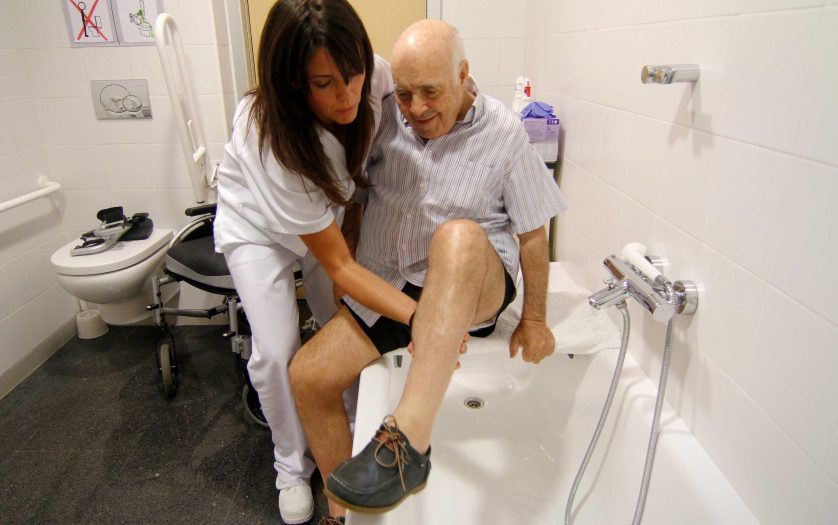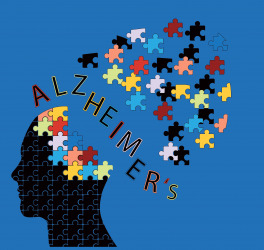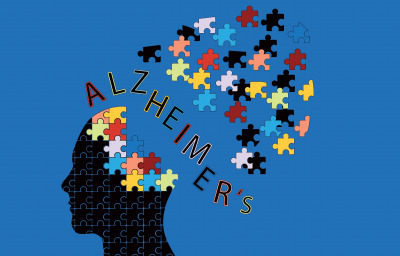
The National Institutes of Health is funding a $1.8 million project led by a researcher at the FAMU-FSU College of Engineering that will use artificially grown, simplified mini-organs to create medicine that targets brain cells damaged by stroke.
The research team will use stem cells to create miniature organs that resemble human brains. From those so-called brain organoids, they will harvest particles that are naturally released by cells and engineer them to act as medicine where it’s needed in the brain of a patient.
They plan to use stem cells that can become any type of cell in the body and induce them to become various types of neural cells, the building blocks of a brain organoid. Their hypothesis is that the particles collected through that method will carry brain-specific molecules, making them a more effective therapy than particles that come from other sources.
“Because these particles are coming from cells that mimic the human brain, we think that what they secrete will be more beneficial for treating the damaged brains of stroke patients,” said Associate Professor of Chemical and Biomedical Engineering Yan Li, who is leading the project.
The collected particles released by cells are used in various treatments. Those particles — known as extracellular vesicles — can help heal damaged cells. That’s important for brain cells affected by stroke because those damaged cells are toxic to neurons, the nerve cells within a brain that use electric and chemical signals to transmit information.
About 795,000 people suffer a stroke in the United States each year, making it a leading cause of death and disability in the country, according to the Centers for Disease Control. Most strokes occur when the blood supply to the brain is blocked, which is the type of stroke the researchers will focus on in this work.
Li will collaborate with Professor of Chemical and Biomedical Engineering Samuel Grant, Assistant Professor of Chemical and Biomedical Engineering Tristan Driscoll, FSU College of Medicine Professor Yi Zhou and College of Medicine researcher Li Sun on the five-year project.








